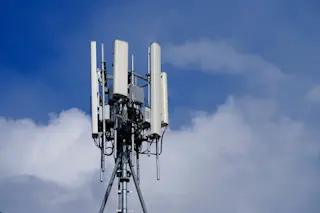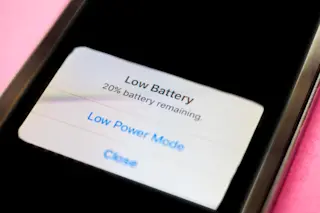Truth in advertising indeed. A billboard created by two ad agencies in Brazil doubles as a deadly trap for the Aedes aegypti mosquitos that spread the Zika virus. A result of a partnership between NBS and Posterscope, the installment reads "This billboard kills hundreds of Zika mosquitos every day," and the dead insects littering the bottom of the case prove they made good on that promise. There are currently two billboards installed in Rio de Janiero, with plans for another in the coming months. Blueprints and instructions for constructing the billboards are open-source and can be found here. The agencies encourage others to create their own mosquito traps, which need not necessarily double as advertisements — it costs about $2,800 to construct one.
The billboard draws mosquitos in by pumping out a combination of lactic acid and carbon dioxide, which mimics the aroma of human sweat — a proboscis-watering scent ...













